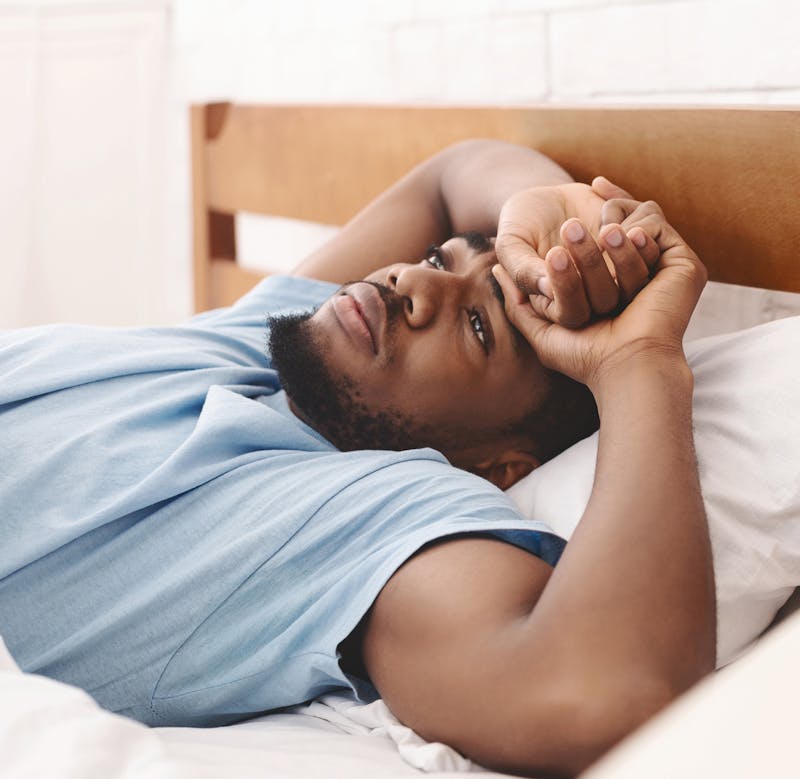
Many people reach for a drink to unwind after a busy day, thinking it will help them relax and drift off to sleep more easily. Alcohol’s sedative effects can make falling asleep feel quicker and more effortless, but the story doesn’t end there. While alcohol may seem like a good sleep aid, it can actually disrupt your sleep cycle in ways that leave you feeling more tired and less rested the next day. Understanding how alcohol affects your sleep can help you make more informed choices about its role in your nightly routine.
Alcohol Can Help You Fall Asleep, But…
Alcohol is a central nervous system depressant, which means it has a sedative effect on the body. This can help you fall asleep faster, especially if you struggle with insomnia or anxiety. Many people feel drowsy and relaxed after drinking, which is why alcohol is sometimes used as a sleep aid.
However, while alcohol may help you drift off more quickly, it doesn’t improve the quality of your sleep. In fact, alcohol can disrupt the deeper stages of sleep that are necessary for feeling rested and refreshed.
Disruption of Sleep Cycles
Our sleep is made up of light sleep, deep sleep (slow-wave sleep), and REM (Rapid Eye Movement) sleep. These stages cycle through the night in approximately 90-minute intervals, each serving a unique function in restoring the body and mind.
Alcohol primarily affects the later stages of sleep, especially REM sleep. This stage plays a critical role in memory, emotional regulation, and cognitive function. Alcohol reduces REM sleep, particularly in the first few hours of sleep, leaving you feeling foggy and unrefreshed upon waking.
Fragmented Sleep
Although alcohol can help you fall asleep quickly, it often leads to fragmented sleep. As alcohol is metabolized, its sedative effects wear off, causing your body to shift into lighter stages of sleep. This can lead to frequent awakenings and difficulty getting back to sleep.
Studies show alcohol increases the likelihood of waking up during the night, which interrupts the deeper, restorative stages of sleep.
Impact on Breathing and Snoring
Alcohol relaxes the muscles in your throat, increasing the likelihood of snoring or sleep apnea. This can lead to poorer sleep quality for both you and your partner.
For people with sleep apnea or breathing issues, alcohol can worsen these conditions, leading to more interruptions in breathing and less oxygen during sleep.
Hangovers and the Aftermath
Even if alcohol helps you sleep, the aftereffects can make the next day challenging. The dehydration caused by alcohol and disrupted sleep cycles often result in fatigue, brain fog, and irritability. Many people wake up feeling like they didn’t sleep at all despite falling asleep quickly.
How Southern ENT Associates Can Help
While alcohol may help you fall asleep quickly, it can interfere with your sleep cycle and ultimately diminish the quality of your rest. If you're having trouble maintaining a healthy sleep routine, it's wise to cut back on alcohol, especially in the hours before bedtime. Being aware of how alcohol affects your sleep can empower you to make choices that support better rest and long-term well-being.
If you find that sleep issues are becoming a persistent challenge, remember that you don’t have to face it alone. At Southern ENT Associates, our team of experienced ENT doctors is here to help. We offer personalized solutions that address the root causes of your sleep struggles, whether through lifestyle changes, advanced treatments, or surgical options. Let us help you improve your sleep—and your overall health—so you can wake up feeling refreshed and restored.
